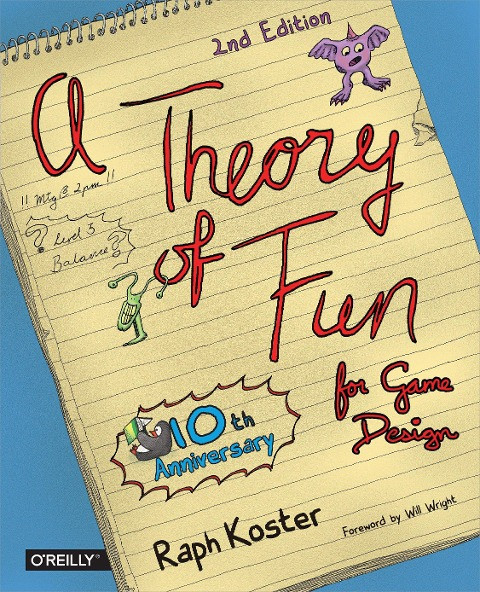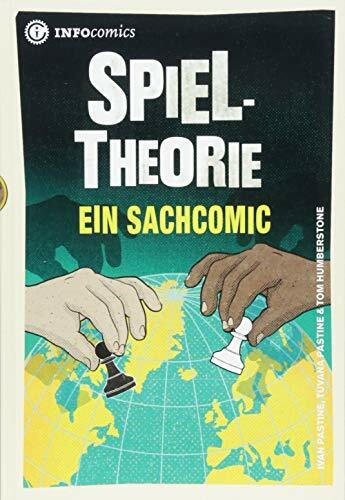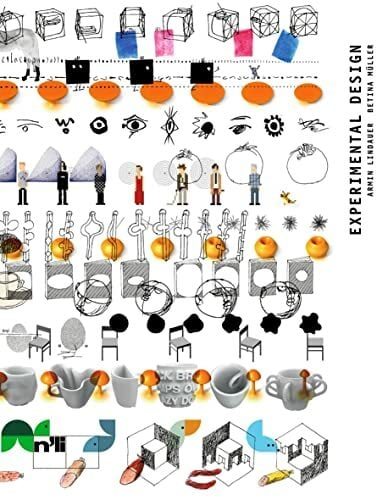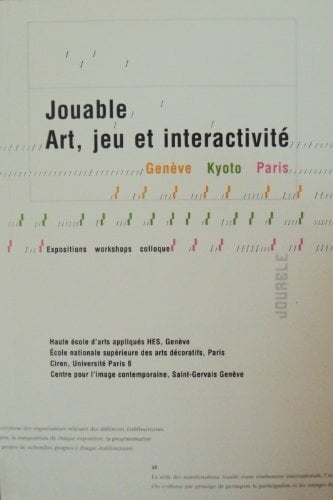
Theory of Fun for Game Design
Kurzinformation
inkl. MwSt. Versandinformationen
Artikel zZt. nicht lieferbar
Artikel zZt. nicht lieferbar

Beschreibung
Now in full color, the 10th anniversary edition of this classic book takes you deep into the influences that underlie modern video games, and examines the elements they share with traditional games such as checkers. At the heart of his exploration, veteran game designer Raph Koster takes a close look at the concept of fun and why it’s the most vital element in any game.Why do some games become boring quickly, while others remain fun for years? How do games serve as fundamental and powerful learning tools? Whether you’re a game developer, dedicated gamer, or curious observer, this illustrated, fully updated edition helps you understand what drives this major cultural force, and inspires you to take it further.You’ll discover that:* Games play into our innate ability to seek patterns and solve puzzles* Most successful games are built upon the same elements* Slightly more females than males now play games* Many games still teach primitive survival skills* Fictional dressing for modern games is more developed than the conceptual elements* Truly creative designers seldom use other games for inspiration* Games are beginning to evolve beyond their prehistoric origins von Koster, Raph
Produktdetails

So garantieren wir Dir zu jeder Zeit Premiumqualität.
Über den Autor
Raph Koster is a veteran game designer who has been professionally credited in almost every area of the game industry. He's been the lead designer and director of massive titles such as Ultima Online and Star Wars Galaxies; and he's contributed writing, art, soundtrack music, and programming to many more titles ranging from Facebook games to single-player titles for handheld consoles. He has worked as a creative executive at Sony Online and Disney Playdom, and in 2012 was honored as an Online Game Legend at the Game Developers Conference Online.

- Kartoniert
- 176 Seiten
- Erschienen 2018
- TibiaPress

- Kartoniert
- 204 Seiten
- Erschienen 2022
- Wiley-VCH

- Kartoniert
- 448 Seiten
- Erschienen 2011
- Focal Press

- paperback
- 176 Seiten
- Erschienen 2018
- Springer

- hardcover
- 460 Seiten
- Erschienen 1995
- Academic Press Inc

- paperback
- 276 Seiten
- Erschienen 2024
- Rethink Press

- Gebunden
- 561 Seiten
- Erschienen 2022
- De Gruyter

- hardcover
- 440 Seiten
- Erschienen 2001
- Springer





































